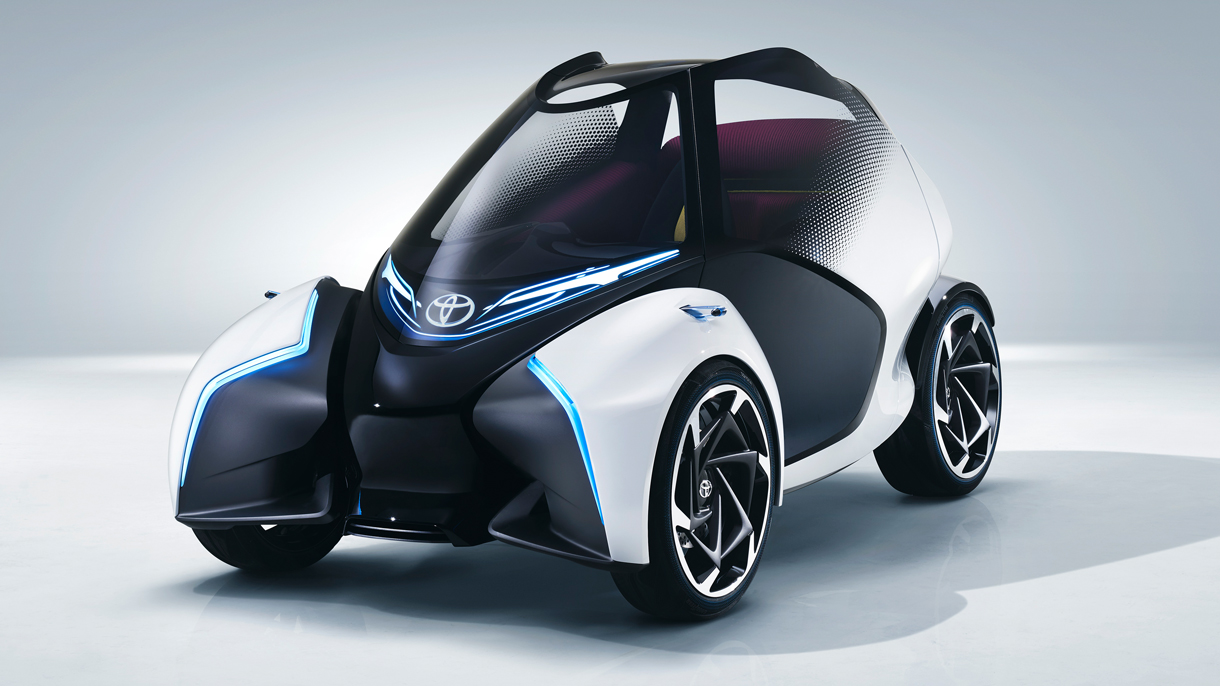Toyota Expands Safety Research For Self-Drive Cars
* New $50 million program focused on safety related to self-drive vehicles *
* Previous investment has helped detect serious illness in drivers *
* Projects contribute to the development of international standards *
Toyota has committed US$35 million (approx. A$47 million) for a comprehensive new program that will expand research into safety challenges and opportunities related to autonomous and connected vehicles.
The new investment in the company's ground-breaking Collaborative Safety Research Centre (CSRC) in the United States will further co-operation with leading academic, health and research organisations.
Previous CSRC programs have yielded important advances in safety technology including systems that can predict and detect serious illness in drivers such as heart attacks and monitor the performance of driver's with insulin-dependent diabetes.
CSRC research has also led to the use of intelligence that is helping develop and refine international standards.
The new investment, known as CSRC Next, will support research over five years to support a safe transition to future mobility. Project will follow four themes:
- The potential integration of active and passive safety systems, using advanced pre-crash sensors to improve and personalise crash protection.
- Building advanced vehicle-user experience models for individuals and society to improve usability and strengthen the relationship between driver and vehicle.
- Improving mobility by studying how to detect the driver's personal condition, using physiology and health metrics.
- Applying big data and safety analytics techniques to develop algorithms and tools to study naturalistic driving data.
CSRC director Chuck Gulash said the investment demonstrated Toyota understood the importance of human interaction with emerging vehicle technologies.
"These highly advanced systems are radically reshaping the transportation landscape, building a relationship between drivers, occupants and vehicles as teammates working together safely and conveniently," Mr Gulash said.
"We are excited to be continuing our safety mission by helping to support a safe evolution to a broader mobility future," he said.
The new research portfolio includes eight projects to be conducted in partnership with six academic institutions.
It includes work with the Massachusetts Institute of Technology's AgeLab to develop new systems for autonomous vehicles to perceive and identify objects in their environment and understand social interactions in traffic.
Another study with Virginia Tech is designed to estimate issues that may arise following the deployment of a car's integrated safety systems.
CSRC is working with the Toyota Research Institute and Toyota Connected to help accelerate the development of autonomous driving technology and explore the complex relationship between future mobility and broader social trends.
CSRC - The First Five Years
Since it was established in 2011, the CSRC has collaborated with leading universities, hospitals and research institutions on projects aimed at reducing traffic casualties.
It has launched and completed 44 research projects with 23 partners, publishing more than 200 papers and giving presentations at many industry conferences.
Results have been shared publicly, contributing to standards development at international bodies like the Society of Automotive Engineers.
It has also helped improve the safety of Toyota vehicles; for example, enhancing the capabilities of computer crash simulations and improving the tuning of advanced driver assistance systems.
In-Vehicle Health Monitoring
Emergency medicine has been one of the key beneficiaries of CSRC research, including ways of detecting the onset or presence of serious health conditions that might affect a driver's performance.
A project conducted with the University of Michigan studied a computational technique for robust detection and prediction of people suffering severe heart complaints inside a vehicle, such as a myocardial infarction (heart attack) or ischemia (coronary artery disease).
ECG data collected from subjects in hospitals and vehicles will be combined with machine learning models to predict and recognise cardiac events.
Another study, in collaboration with the University of Nebraska, used real-time glucose monitoring systems in drivers with insulin-dependent diabetes.
The aim was to investigate the feasibility of combining physiological and driving sensor data to determine levels and patterns of glucose control that might produce changes in behaviour or safety.







